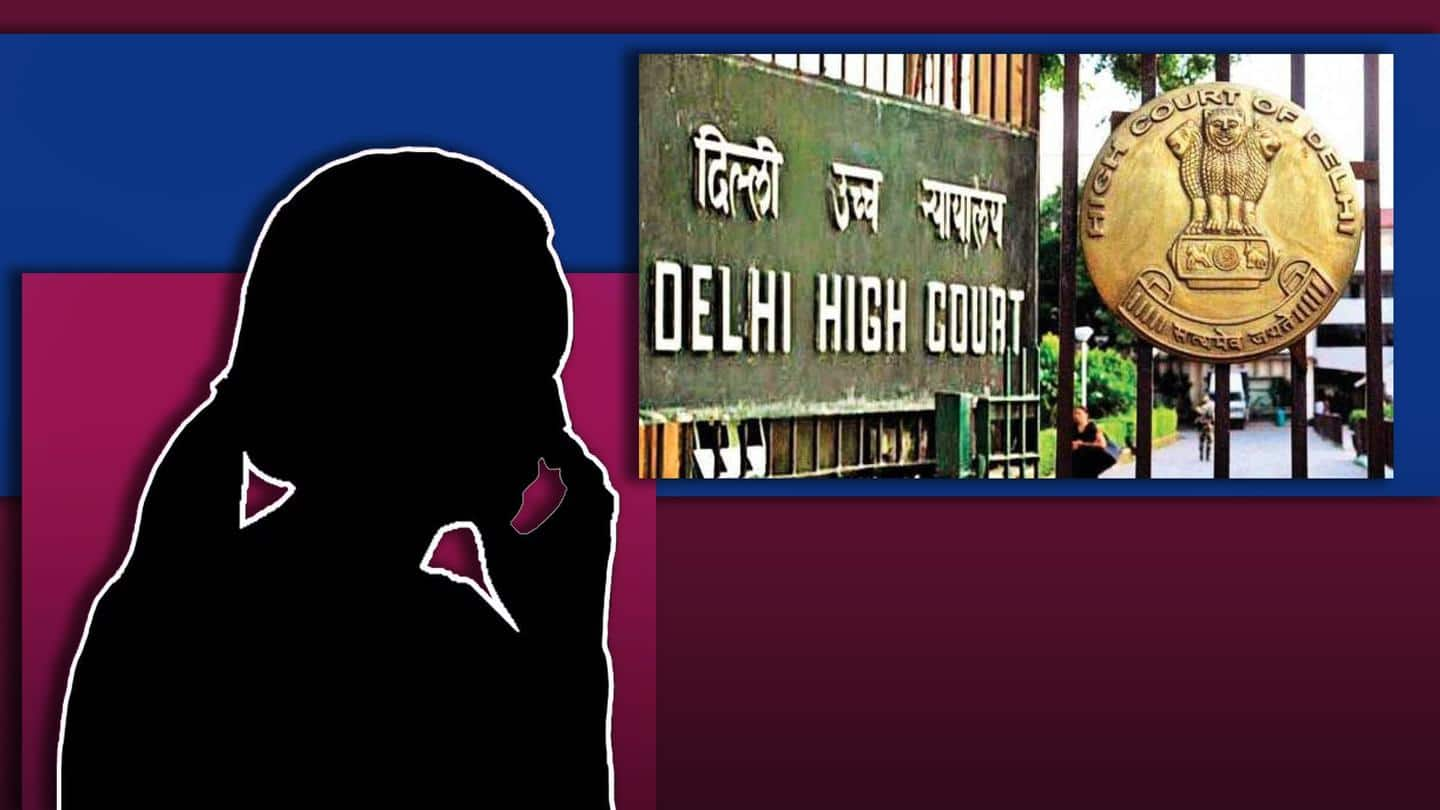
Marital rape: Delhi High Court delivers split verdict
What's the story
The Delhi High Court on Wednesday gave a split verdict in the marital rape case, referring the matter to the Supreme Court.
Justice J Rajiv Shakdher observed that the exception to Section 375 of the Indian Penal Code (IPC) that exempts the husband from rape for forcible intercourse with his wife is "unconstitutional," according to LiveLaw.
Context
Why does this story matter?
The court had repeatedly deferred its proceedings in the case for the Centre to complete the consultation process.
In 2017, the government had stated that India couldn't simply follow the West and criminalize marital rape.
In February this year, the court granted two weeks to the government for taking a final stance.
However, the Centre's stance was equivocal and the court reserved its judgment.
Judgment
After 1-1 split verdict, case now referred to Supreme Court
A two-judge division bench of the Delhi High Court was hearing a batch of petitions seeking to criminalize marital rape.
While Justice Shakdher ruled in favor of striking down the IPC provision, Justice Hari Shankar said it does not violate any law.
Post the split verdict, the matter will now be referred to the Supreme Court.
Information
Who were the petitioners?
Since 2015, four major petitions have been filed in the matter before the Delhi High Court.
The RIT Foundation filed the initial petition, followed by the All India Democratic Women's Association (AIDWA), and subsequently, a marital rape survivor and an accused husband filed their petitions.
Later, four more petitions were submitted before the HC opposing the criminalization of marital rape on various grounds.
Petitions
What did the petitioners plead?
The petitioners had requested to do away with the rape law exemption.
They claimed that the clause infringes a woman's right to privacy, choice, and physical autonomy, as recognized by the Supreme Court in its right to privacy decision.
Furthermore, it produces an "irrational classification" since a married woman is denied the basic freedom to say "no," which an unmarried or separated woman has.
Centre
Centre reversed its stance on marital rape recently
In an affidavit filed in 2017, the Centre had argued that the criminalization of marital rape could "destabilize the institution of marriage."
It was also noted in January this year that various laws protecting women already exist.
However, on February 1, the Centre changed its stance and notified the court that it was "re-examining" its previous position.
Court
Noteworthy observations during court proceedings
During the hearings, a two-judge bench of the Delhi High Court raised various issues and concerns.
The court questioned its authority to strike down the provision and create a new offense, noting that only the legislature has such authority.
The bench was also concerned about women's rights, asking if it was possible to deny a woman equality and the freedom to choose.